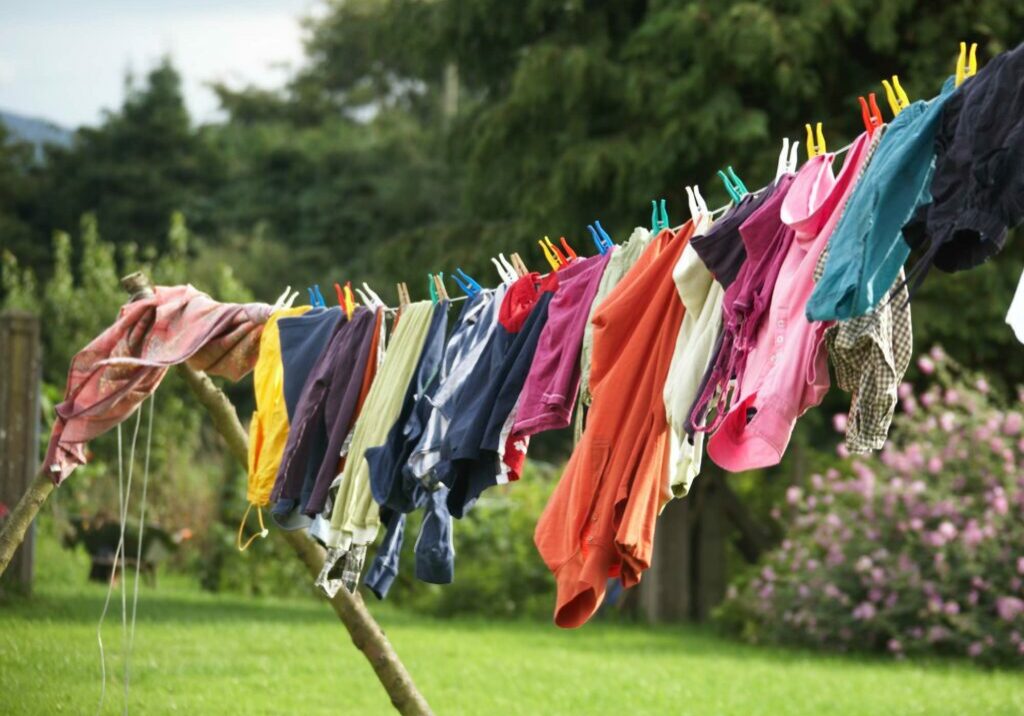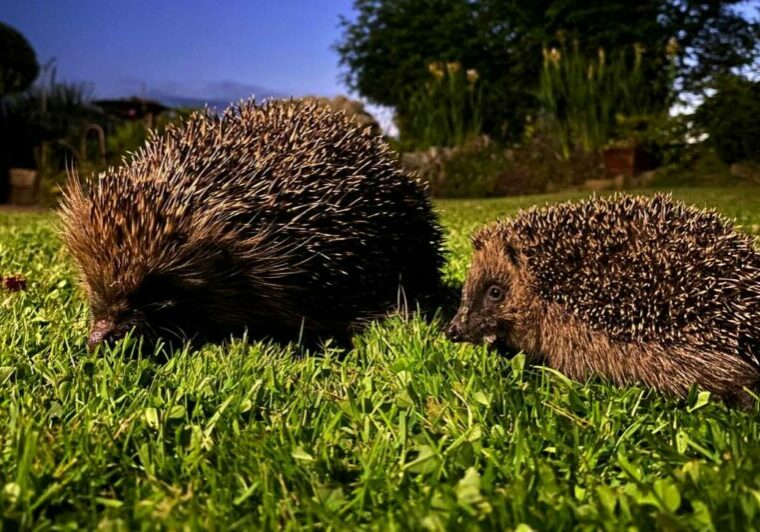1. Pick planet-friendly food
A pet’s environmental footprint is mainly influenced by its diet. Opt for pet food containing lower-impact meats such as free-range, higher-welfare chicken instead of beef, which carries a significant environmental burden. If you’re choosing fish-based food, pick sustainably sourced options like MSC- and ASC-certified products. Look for pet food that’s fresh, unprocessed and includes plenty of vegetables, and select organic ingredients with Soil Association or EU Organic certifications where possible. Obviously, herbivorous pets such as guinea pigs and rabbits have a lower food-related carbon footprint and could keep your food waste down by eating certain vegetable peelings.
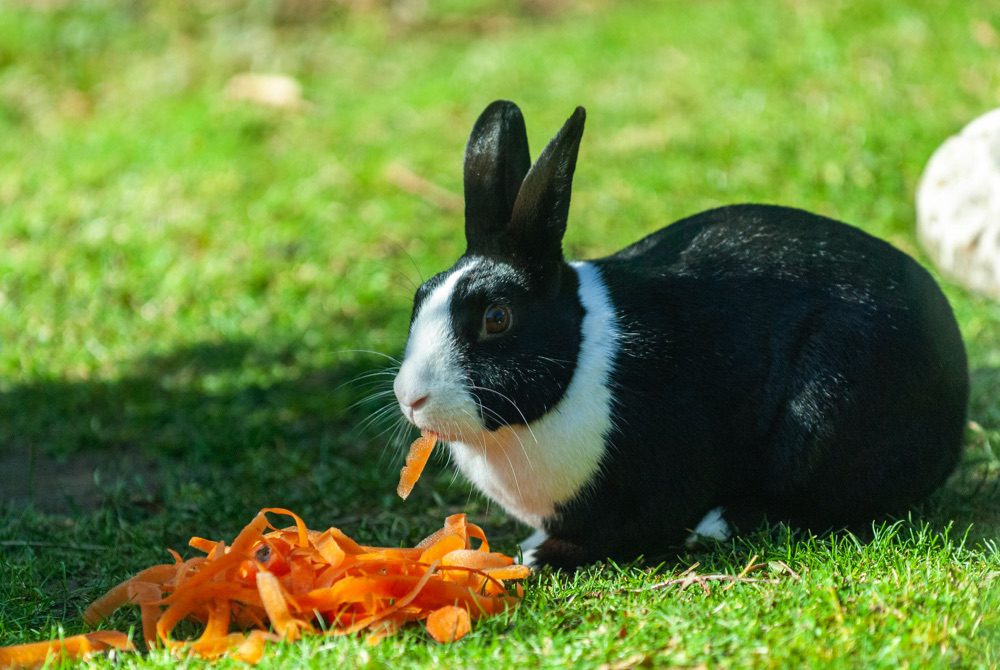

2. Make your own fun
Although it’s tempting to shower our pets with new toys, they can lose interest in them rapidly. Keep older toys exciting by hiding them in a drawer and swapping them out weekly. You can also get creative and make your own toys using scraps like clothes and old parts from worn-out toys, such as squeakers and stuffing. Knot a T-shirt into a dog pull, or repurpose cardboard tubes into tunnels for hamsters. You may not need to buy any toys at all – most cats will find an offcut of string just as much fun to pounce after as a shop-bought ’teaser toy’.
3. Shop sustainably
Consider buying items like hutches, beds and leads second-hand. Just remember to clean them thoroughly. If you do need to buy new, look for products made from recycled or natural materials where appropriate. Choose eco-friendly companies, too, but be careful: while many firms are taking steps to reduce their emissions through initiatives such as recycled packaging, just because a product is labelled ‘green’ it doesn’t necessarily reflect the company’s commitment to sustainability, so do some research. When an item has served its purpose, give it a new lease of life by donating it to a charity shop or animal shelter.

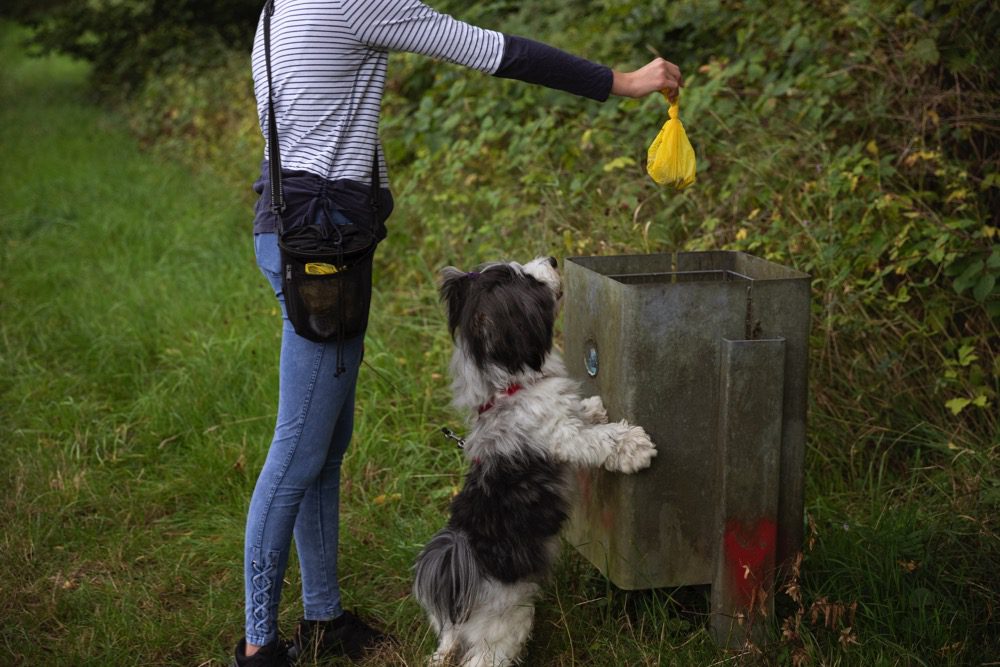
4. Poo solutions
Many dog-poo bags labelled ‘biodegradable’ or ‘compostable’ don’t decompose properly, and those that do break down only do so in very specific conditions. Avoid putting poo bags in your compost bin and never abandon them outdoors. It’s possible to buy home composting bins just for dog poo, though you’ll need to dig a large hole in your garden. If you have a cat that uses a litter tray, try to use litter made from compostable materials like sawdust, wood shavings or shredded newspaper. Never flush cat poo down the toilet, as sewage treatment systems aren’t equipped to treat the parasites it contains.
5. Choose carefully
When it comes to finding a low-emission pet, steer clear of exotic species. Avoid tropical fish in particular – a recent study by Cardiff University estimates that transporting tropical fish and maintaining a 400-litre tank creates 635kg of CO2e every year, the equivalent to driving over 2,000 miles in a petrol car. (In addition, exotic animals may well have suffered in captivity, and their trade can drive illegal wildlife trafficking.) And remember that you don’t need to own a pet to enjoy the love, loyalty and companionship they provide. Offer to help friends or neighbours with pet care, become a petsitter or walker through platforms such as Borrow My Doggy, or volunteer at a local animal shelter.
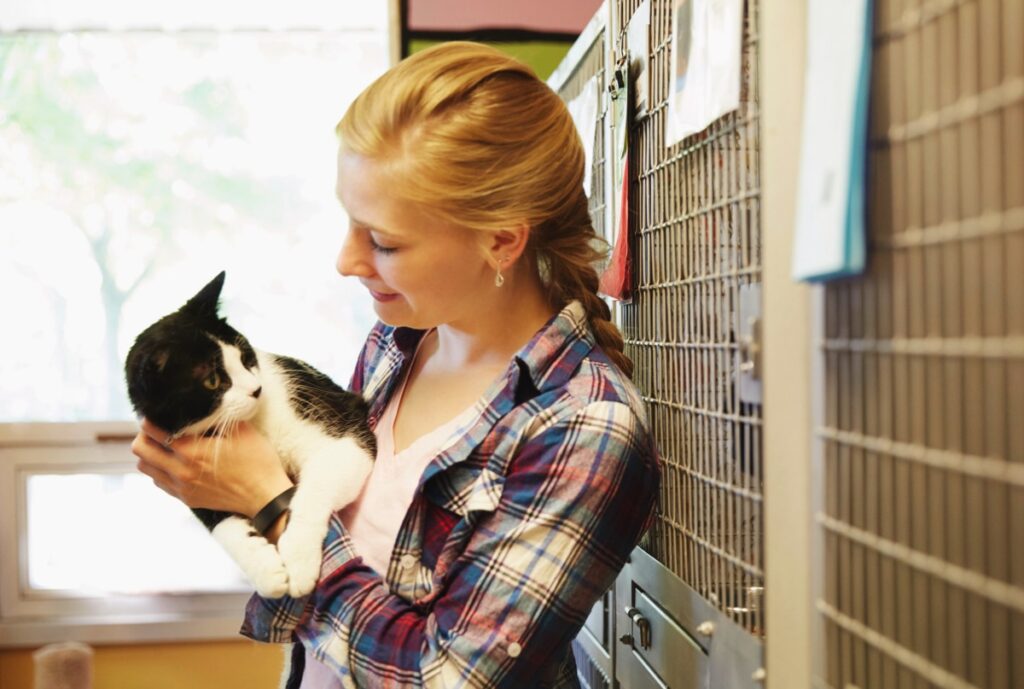
ALL IMAGES © GETTY IMAGES
Take the pawprint challenge
You can pledge to reduce your pet’s pawprint – and find loads of other nature-based challenges – with our My Footprint app.
More to explore

Eight ways to make nature welcome
The easiest way to support UK nature is to make wildlife feel at home on your doorstep. Whether you’ve got a grand garden or a compact balcony, our tips will help you to help nature
